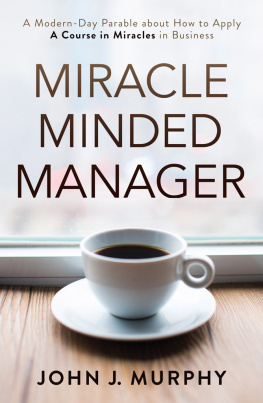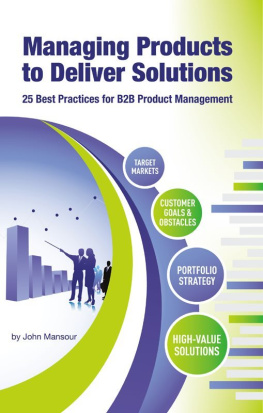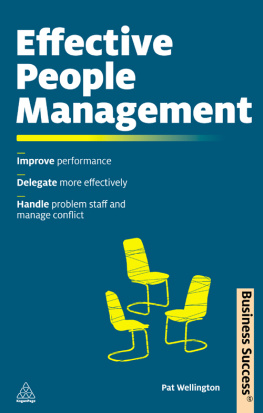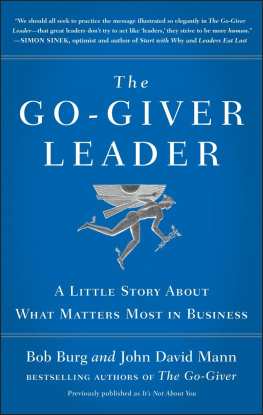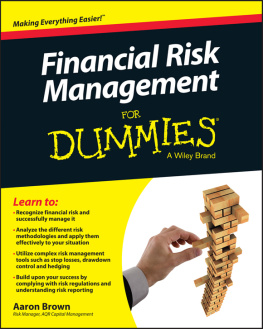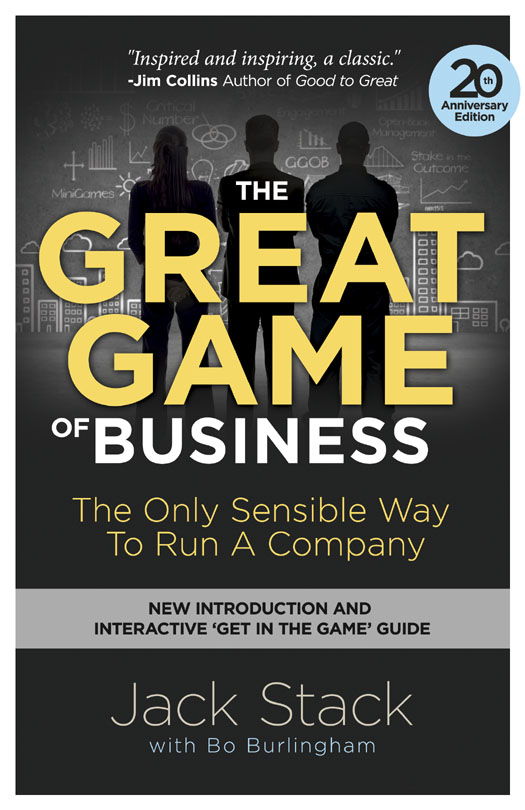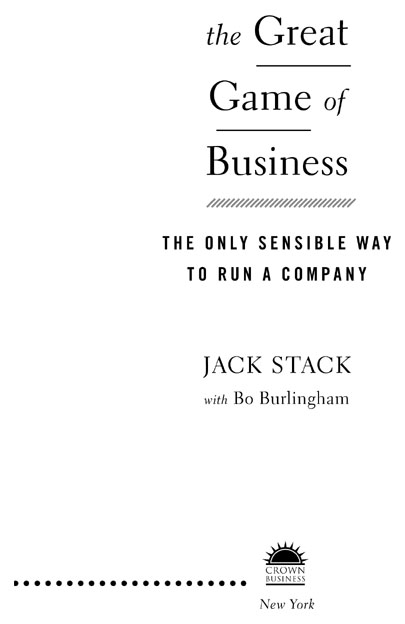Copyright 1992, 2013 by The Great Game of Business, Inc.
All rights reserved.
Published in the United States by Crown Business, an imprint of the Crown Publishing Group, a division of Random House, Inc., New York. Originally published in hardcover, in slightly different form, by Doubleday, a division of Random House, Inc., New York, in 1992.
www.crownpublishing.com
CROWN BUSINESS is a trademark and CROWN and the Rising Sun colophon are registered trademarks of Random House, Inc.
The Library of Congress has cataloged the Doubleday hardcover as follows:
Stack, Jack
The great game of business / Jack Stack.1st ed.
p. cm.
1. Success in business. I. Title.
HF5386.S77 1992
650.1dc20 91-48148
The Great Game of Business is a trademark of The Great Game of Business, Inc., a subsidiary of the Springfield Remanufacturing Corp. SRC is a trademark of the Springfield Remanufacturing Corp.
eISBN: 978-0-385-34834-8
Illustrations by Fred Haynes
Jacket design by Dustin Myers, 40 Digits
v3.1
To Betsy,
for your incredible strength and love.
And to
Ryan, Katie, Meghan, Timmy, and Kylie
for everything you have taught me.
I dont want to leave your generation
worse off than ours.
I want to leave it better.
C ontents
I NTRODUCTION TO THE EXPANDED AND UPDATED EDITION
I think that in most peoples hearts, they want to write a book. And most people can. But heres some advice: dont write a business book. Write a western or a romance insteadanything but a business book. Why? Because few people keep your typical novel. They read the book and then they get rid of it. They rarely dog-ear it, Post-it-note it, flag it, bookmark it, highlight it, or underline it. Its almost as if time stands still when you write a business book. Its unlikely that someone will bring a mystery or a romance novel back to you twenty years later and ask what you meant by what you wrote on page 121 or whether youre still doing the things you mentioned on page 67. When you write a business book, and profess to practice what you preach, youre permanently putting your reputation on the line. Plus, your readers might actually do something with the advice you wrote about. Thats an awesome responsibility to live with.
Twenty years ago, Bo Burlingham and I wrote a book called The Great Game of Business. We werent trying to do much more than document how we at Springfield Remanufacturing Corp. (SRC) in Springfield, Missouri, were operating our business, which was focused, at the time, primarily on remanufacturing truck and automobile engines. We were a classy garage shop. But what really made SRC different was that our business wasnt run in the traditional top-down, command-and-control way most other companies were (and still are). We had built a repeatable system that enabled our associates to run the companya business of businesspeople, as I like to call it, where everyone gets a chance to grab the brass ring if they choose to do so.
WHATS IN A NAME?
The name we used for our leadership system, The Great Game of Business (also known as the Great Game, the Game, or the GGOB), has caused a lot of head scratching over the years, especially by people who think that it trivializes business by equating it with a game. Business is serious, they say, where peoples lives, let alone life savings, are at stake. Its a fair point.
We used the word game for our system because we wanted to find a way to make business approachable and less intimidating to our associates working on the shop floor or in an office. Business is not an art or a science. Its a competitive undertaking with rules, winners and losers, ways of keeping score, and all the elements of luck and talent. It doesnt have to be an instrument of exploitation, or a tool of greed, and you dont need an MBA to understand it. Given all that, we figured there wasnt any reason we couldnt set up our company so that everybody could play the game together and share the rewards. We wanted to demystify business.
The truth is, when we still worked for International Harvester, we were great at building products like engines and tractors, but nobody had ever taught us how to build a company. Ill never forget a guy who worked on the factory floor running a drill press. His job was to literally figure out how to make the perfect hole by correcting for millimeter-wide variances. Nothing more; nothing less. You could imagine my surprise when someone told me that the same drill press operator was actually a self-made millionaire who had built his wealth through savvy real estate investments. Here was this incredible entrepreneur working under our noses and all I had this guy doing was drilling holes. What a wasted opportunity.
This haunted me for a long time because we had missed out on using this drill press operators full range of talents. We only asked him to drill the perfect hole, not about how he thought we could build a better company. For thirty-three years, we only had him keep his head down thinking about control charts, measurements, and throughputs. He had given us his skills, but we lost the opportunity to tap his full intellectual capacity. What we didnt realize at the time was that by failing to tap the strengths of every individual in our company, we were heading toward a dead end by dumbing people down.
Our wake-up call came when International Harvester told us it was shutting down our plant. When we took the opportunity to buy the company for ourselves in 1983, we knew we needed a smarter way to run our business. The old way didnt work. We needed something that was the opposite of the command-and-control model that we had been taught and that had been used for years and years. If we were even going to have a shred of a chance to make it on our own, we needed to find a way to tap the strengths of every individual in the company.
In those early days, none of us knew squat about business. It was really, really hard to break free from our old ways. Even though we owned the company, there was still an attitude of us versus them between the managers and the workers. You still had people pointing fingers and waiting for commands. We had plenty of job descriptions that could tell you the size, measurements, and tooling you needed to make the perfect hole. But nothing in that description was tied to the success of the company as a whole. Thats where we fell short.
Even though we were owners, nothing really had changed. We were still experiencing the hangover from the Industrial Revolution. We werent moving forward, we just kept going backward. It was an example of how devastating the command-and-control model truly was.
It wasnt until we appealed to everyones competitive spirit that we began to see change take place. Its a universal law of nature that if you poll a group of people and ask them their opinion on just about anything, youll rarely get everyone to agree. Except when it comes to winning. Everyone likes to winand no one likes to lose. Thats why we tried to open the business up using the analogy of gamesthings that people are interested in and have fun doing. Work is boring. But people love the idea of playing a game or competing. Call it a hook if you want. It was all born out of frustration about how to teach people the metrics of business. We wanted to find a way to get people to apply the same skills they were using to build the perfect tractor to also build the perfect company. We needed to change our focus so that the


